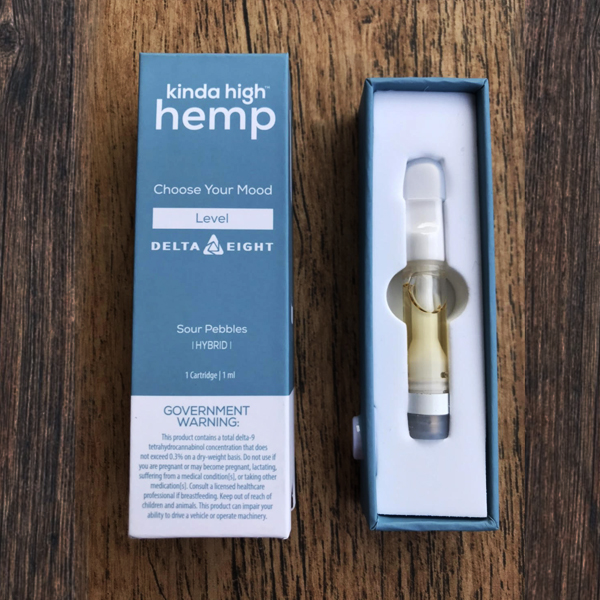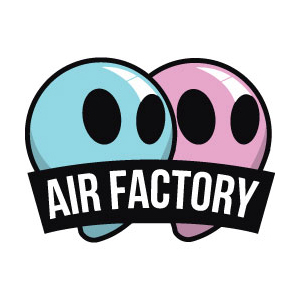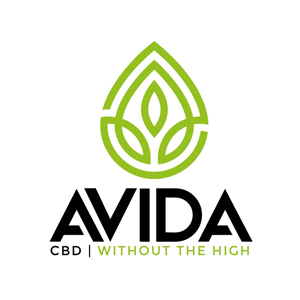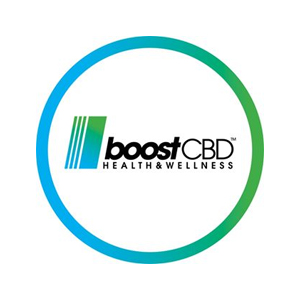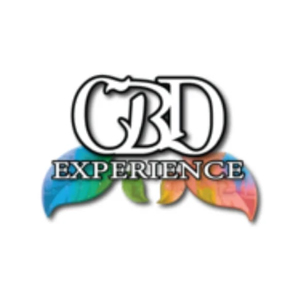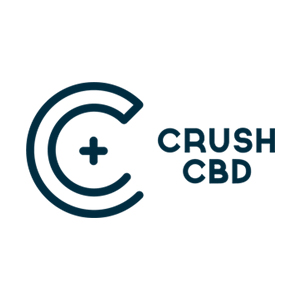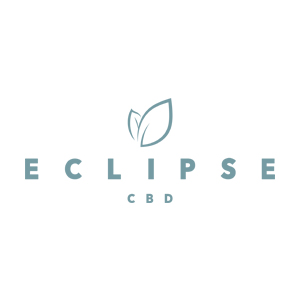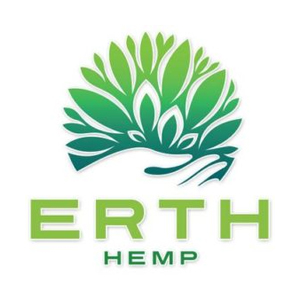No products in the cart.
What are Delta-8 effects? Leave a comment
What are Delta-8 effects? Delta-8 consumers report many of the same effects as THC, such as mild euphoria, happiness, uplifting feelings, and relief from some symptoms such as pain, although the compound is much less potent. Delta-8 can also help with insomnia.
Side effects may be similar to those of THC, including dry mouth, red eyes, getting the munchies, short-term memory, paranoia, or anxiety. It’s important to note that delta-8 hasn’t been studied extensively and more research is needed on the effects it has on the mind and body.
Because there has been so little research on Delta-8, you just have to take the word of those who have tried it. You have a lot of the therapeutic effects that we experience with CBD, like relieving stress and anxiety, but you also have a stronger, more calming effect and a powerful pain-management aspect.
While a few small human and animal studies have indicated that CBD may control seizures, reduce anxiety and relieve pain, there are few if any studies showing that Delta-8 will have the same effect. It does, however, give you a high, though the strength of the high may vary depending on the product and the person taking it.
Delta-8 vs. CBD
Delta-8 has more similarities to THC (delta-9) than CBD, both in its chemical structure and because it gets you high. Delta-8 THC binds to the body’s endocannabinoid system more like delta-9 THC. CBD doesn’t bind as readily to the endocannabinoid system, making it non-intoxicating, although CBD can offer medicinal benefits for the consumer.
If you are looking for effects similar to THC but with a reduced potency, delta-8 may be for you. If you seek relief from certain symptoms and don’t want to get intoxicated, you may want to try a CBD product.

